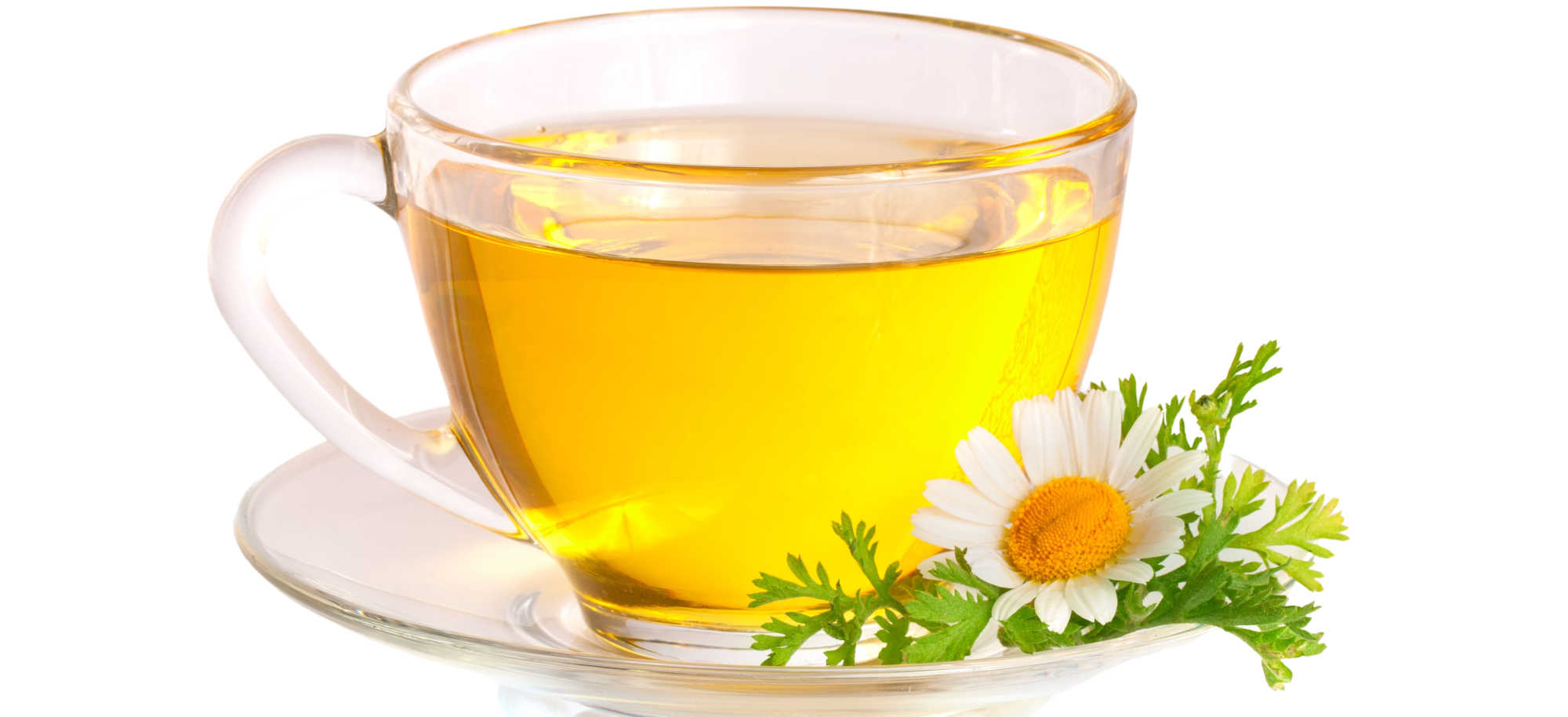The relaxation and improved motivation are probably what drove you towards kratom in the first place. But now, the bloated stomach, accumulated gas, and constipated feelings have got you thinking you’re getting a little more than you bargained for. As such, you may be wondering if kratom can cause bloating and gas.
On the bright side, you’re not alone. Bloated stomachs and flatulence have been a hot topic in the kratom community for quite some time now. Come to think of it; these side effects have been a major topic ever since this ethnobotanical herb was discovered.
Read on to find out how kratom causes bloating and gas and how you can deal with it.
How Does Kratom Cause Bloating and Gas?
Have you ever noticed that you feel less hungry or not hungry after taking kratom? You can blame the indole alkaloids in kratom for your loss of appetite. This is especially common in kratom strains like Green Thai.
When you skip breakfast or any other meal, you leave your gastrointestinal tract almost empty. This leaves your body’s natural gasses (borborygmi) free to roam – that’s what causes the rumblings, constant burping, and flatulence.
1. Taking Kratom in High Doses
Taking kratom in very high doses is always a bad idea. If you’ve been taking more than 7 grams of kratom per dose, you’re more likely to experience abdominal issues.
The more kratom you take, the more your sympathetic nervous system’s activity intensifies. The result is a notable reduction in peristalsis, a series of muscle contractions that move food through your digestive tract. As the rate of peristalsis reduces, you start experiencing constipation and a bloated stomach, which can get pretty uncomfortable.
You can avoid such by taking the recommended kratom dosage.
2. Taking Kratom on an Empty Stomach
Every kratom enthusiast has heard this at least once, “Always take kratom on an empty stomach to make the effects kick in faster.” Well, it’s true. Food influences the onset and duration of the effects of kratom.
But they didn’t tell you that it could work against you. People’s bodies respond differently to kratom. For most users, taking kratom on an empty stomach means dealing with endless flatulence and constipation.
So, what’s the best way to take it? If you still want the effects to kick in fast without having to deal with the nasty side effects of taking kratom on an empty stomach, try taking it at least half an hour after eating a light, plant-based meal.
Try out more powerful strains of kratom extracts if the effects don’t kick in as well as you want them to after taking a light meal. While you’re at it, watch your dose because overdosing on extracts could give you the same problems you’re trying to avoid.
3. Kratom’s Appetite-Suppressant Qualities
Research shows that kratom tends to suppress appetite. It makes you feel less hungry or even full. Consequently, you eat less or even forego meals altogether. As your stomach grows empty, your digestive system slows down, and gas builds up, causing you to feel bloated and ultimately constipated.
On the bright side, you can avert this situation by simply eating plenty of food and drinking plenty of water. As long as your stomach is not empty for extended periods of time, you should be good to go.
4. Some Strains Actually Promote Bloating and Flatulence
There’s a high probability that your favorite kratom strain is causing all your stomach issues. As you probably know, kratom comes in different strains, colors, and veins. Each of these variants has a unique alkaloid ratio.
Kratom strains with high amounts of mitragynine alkaloid are more stimulating. They’re also some of the most popular kratom strains out there. Unfortunately, these alkaloids tend to activate the parasympathetic nervous system, which then slows down your large intestines’ motility.
Therefore, as you enjoy your kratom, avoid frequent use of strains such as White Maeng Da, White Thai, and White Elephant.
Natural Remedies to Kratom Bloating and Gas
1. Probiotics

Probiotics are live bacteria that actively promote your digestive health. Studies suggest that probiotics may be beneficial for relieving bloated abdomen, gassy intestines, and stomach discomfort. Some of the most beneficial probiotics for digestive issues are Bifidobacterium and Lactobacillus. Yogurt and Kimchi come loaded with these probiotics and can help relieve bloating and gas.
2. Clove Oil
Did you know that your favorite toothache remedy can relieve accumulated gas and bloating? Well, clove oil stimulates the enzymes that promote quick digestion, thus easing bloating and gassy feelings.
Using it is pretty simple, too. All you have to do is mix two to five drops of clove oil into lukewarm water, shake, and drink. You can take this mixture whenever you feel bloated.
3. Apple Cider Vinegar
Apple cider vinegar can ease bloating and stomach upset by promoting quick digestion and increasing stomach acid levels. To use it, take one tablespoon of apple cider vinegar, mix it in a glass of lukewarm water, and shake. Take the mixture before meals until your symptoms settle down for maximum benefits.
4. Chamomile Tea

If you love chamomile tea, this is a win-win situation. Research suggests that chamomile tea may reduce bloating, gas, and stomach cramps. Like with our previous pick, take chamomile tea before meals until your symptoms subside.
The Bottom Line: Can Kratom Cause Bloating and Gas?
People love kratom for numerous reasons and loathe it for an equal number of side effects, especially since kratom may cause bloating and gas, constipation, and indigestion. Luckily, the natural remedies above can help you enjoy kratom without dealing with stomach upsets every time you indulge.
